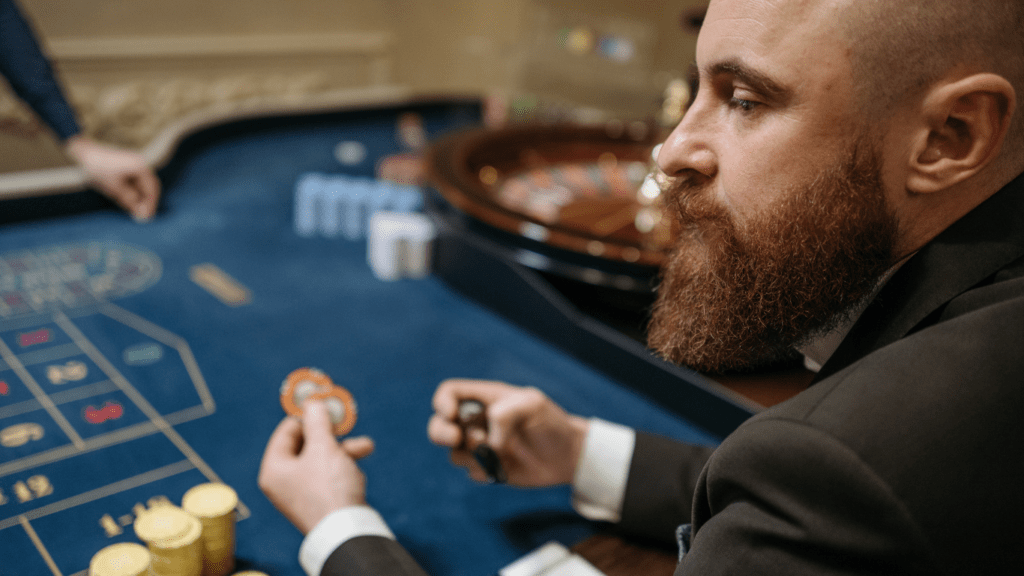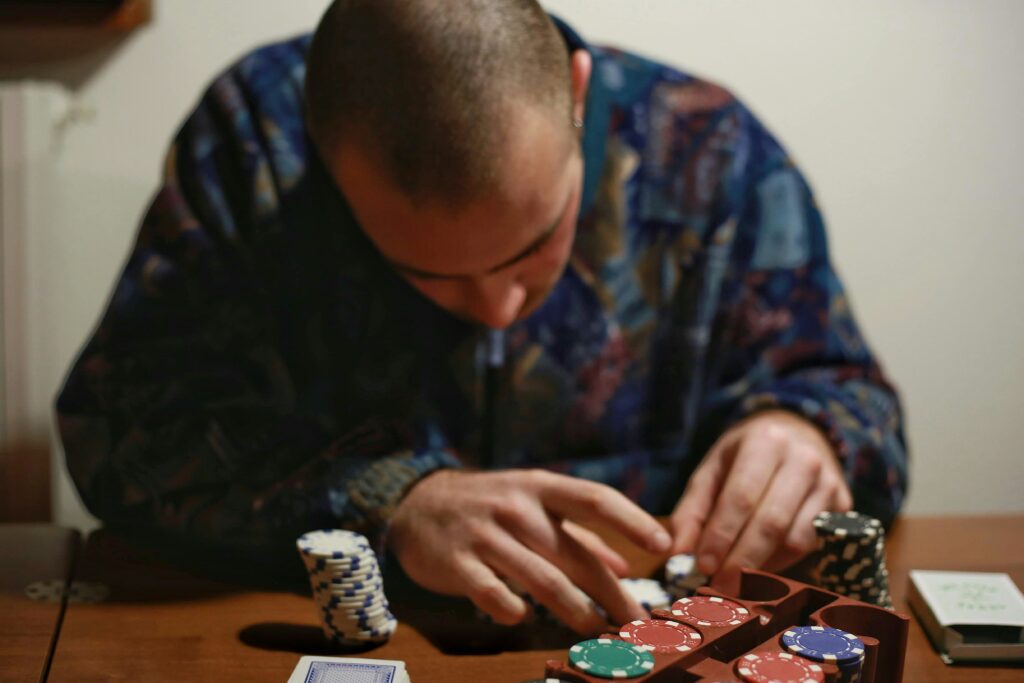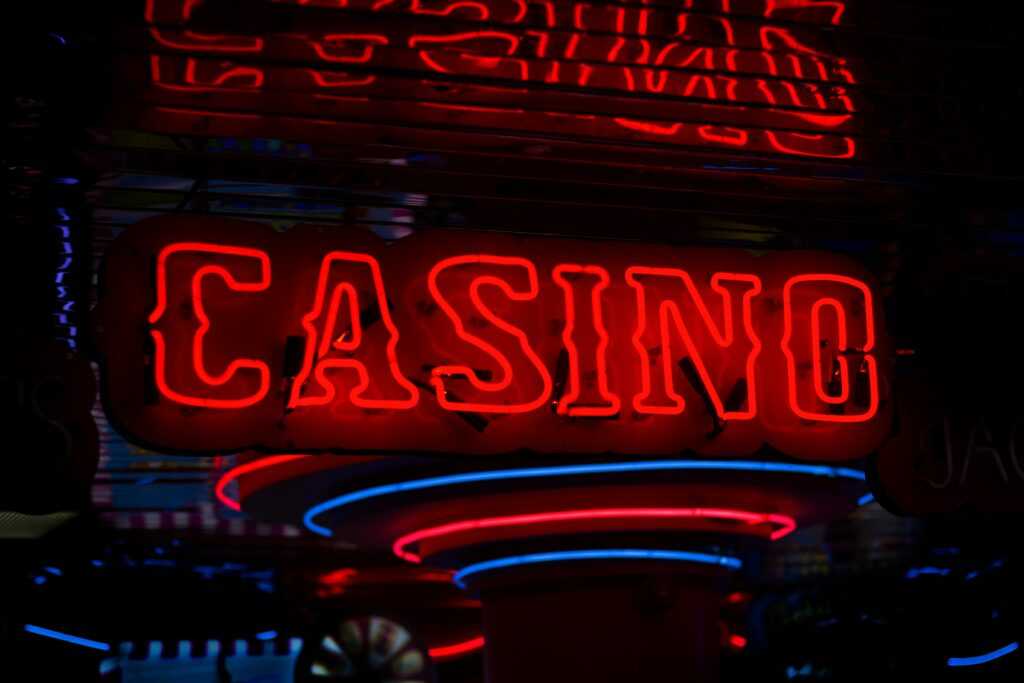The Survivor’s Background
Growing up in a small town, my early years were marked by a strong sense of community. Sports, family gatherings, and school events defined my everyday life. My parents worked hard to provide a stable home, and they instilled in me values of honesty and perseverance.
In my teenage years, things took a turn when I was first introduced to gambling. Friends and I would occasionally visit local betting shops, seeing it as harmless fun. The thrill of winning small bets gradually enticed me. What started as an innocent pastime soon became more frequent.
Upon entering college, gambling slowly shifted from a social activity to a coping mechanism. Academic pressures and personal struggles made gambling a convenient escape. Casinos and online betting platforms became my refuge, leading to recurring debt. My grades suffered, and relationships began to deteriorate.
After college, the situation worsened. My first job provided a steady income, but most of it went towards gambling. Hiding this addiction from family and friends became a full-time job in itself. The cycle of borrowing money, losing it, and borrowing again became endless. Depression and anxiety took root.
Despite these challenges, a turning point eventually arrived. A close friend noticed my erratic behavior and confronted me, urging me to seek help. This intervention planted a seed of change. I decided to attend my first support group meeting, though reluctant at first, and slowly began the journey to recovery.
The Onset of Addiction

The first signs of my gambling addiction began subtly. What started as occasional bets with friends soon spiraled out of control.
Early Warning Signs
I initially noticed the thrill of winning was becoming addictive. Whenever I felt stressed, I turned to gambling for relief. I began hiding my betting activities, and I ignored my responsibilities to make time for gambling. These early signs didn’t seem alarming initially, but they marked the beginning of my descent into addiction.
Progression of the Habit
The habit progressed quickly. I found myself gambling more frequently and with larger amounts of money. My focus shifted entirely to finding ways to gamble, whether through online platforms or local casinos. I experienced severe mood swings tied to my gambling outcomes, and my performance at work and my relationships suffered as a result. Eventually, the need to gamble overshadowed every aspect of my life, leading to severe financial and emotional consequences.
The Turning Point
The moment everything changed for me came unexpectedly. I hit rock bottom, realizing my addiction had taken over my life.
Recognizing the Need for Help
I knew I needed help when I lost a substantial amount of money in a single night. The financial strain became too much to bear. I could no longer hide my gambling from my family or my employer. My health was failing, and my relationships were deteriorating rapidly. Signs of desperation increased, and it was clear I was in deep trouble.
Seeking Support
Facing the harsh reality, I reached out for support. I contacted a local support group specializing in gambling addiction. I joined weekly meetings, where others shared their experiences and strategies for overcoming addiction. I also sought professional help from a therapist who had experience in addiction recovery. These steps were critical to beginning my journey to recovery.
The Recovery Journey
Starting my recovery journey, I sought help from various resources. Navigating these resources offered vital support that led to my healing.
Rehabilitation Centers
My first step involved checking into a rehabilitation center. These centers provide structured environments to address gambling addiction. A key benefit of rehab centers is their comprehensive approach, combining therapy, medical care, and peer support. For instance, during my stay, I received cognitive-behavioral therapy (CBT), which helped me understand and change my gambling behaviors. Centers also offer 24/7 monitoring and immediate intervention, ensuring a safe and supportive setting for recovery.
Support Groups and Counseling
Simultaneously, I attended support groups and counseling sessions. Support groups, such as Gamblers Anonymous, offer peer support and shared experiences. These meetings allowed me to share my struggles and hear from others facing similar challenges.
Professional counseling, on the other hand, provided targeted strategies for managing urges and rebuilding my life. My therapist specialized in addiction recovery, guiding me through personalized treatment plans and coping mechanisms. Combining these methods created a strong foundation for my ongoing recovery journey.
Life After Recovery
Life after recovery brings new challenges and rewards. Beyond regaining control, I’ve discovered ways to enrich my life.
Rebuilding Relationships
Repairing relationships damaged by addiction isn’t easy but it’s crucial. I focused on restoring trust within my family first, by being honest and open about my journey. For instance, I shared progress from therapy sessions and acknowledged past mistakes. This approach fostered transparency, aiding in mending bonds. Outside family, I reconnected with old friends, apologizing where necessary and proving my commitment to change. In time, mutual respect and understanding were rekindled.
Finding New Hobbies and Interests
Post-recovery, finding new interests kept me engaged and away from gambling triggers. I took up activities like painting and cycling, which provided healthy distractions. Joining community groups like book clubs and sports teams introduced social circles supportive of my new lifestyle. Each hobby wasn’t just a pastime; it was a step toward a balanced, fulfilling life. This exploration of interests proved vital in maintaining my recovery trajectory.
Lessons Learned
Sharing my story illuminated key insights that others can benefit from.
Advice for Others Struggling
- Seeking Help Early: Address addiction as soon as possible to avoid deeper consequences. Contact professionals or trusted individuals if recognizing early warning signs.
- Support Networks: Engaging with support networks such as Gamblers Anonymous helps maintain accountability and offers valuable peer insights. Attending meetings regularly reinforces commitment to recovery.
- Coping Mechanisms: Develop strategies to manage urges. Cognitive-behavioral therapy (CBT) provides tools for restructuring thoughts and reducing compulsions associated with gambling.
- Financial Management: Implement strict financial controls to prevent relapse. Hand financial responsibilities to a trusted friend or family member to manage funds more effectively.
Importance of Awareness
- Community Education: Increasing awareness helps communities address gambling addiction. Schools and community centers can host informational sessions to educate on risks and signs of addictive behavior.
- Stigma Reduction: Sharing personal narratives reduces the stigma surrounding gambling addiction. Open conversations encourage others to seek help without feeling shame.
- Access to Resources: Increase access to professional resources for those struggling. Publicize available counseling services, hotlines, and support groups to ensure individuals know where to turn for help.



 Elizabeth Dinglerrin
Founder & CEO
Elizabeth Dinglerrin is the visionary founder behind Bet Wise Daily. With a wealth of experience in the gambling industry and a deep passion for data-driven insights, Elizabeth established Bet Wise Daily to provide a comprehensive source of news, analysis, and exclusive content for casino enthusiasts. Her leadership and strategic acumen have shaped the platform into a leading authority in gambling media. When she's not immersed in the latest trends or pioneering new features, Elizabeth enjoys sharing her expertise at industry conferences and mentoring aspiring professionals in the field.
Elizabeth Dinglerrin
Founder & CEO
Elizabeth Dinglerrin is the visionary founder behind Bet Wise Daily. With a wealth of experience in the gambling industry and a deep passion for data-driven insights, Elizabeth established Bet Wise Daily to provide a comprehensive source of news, analysis, and exclusive content for casino enthusiasts. Her leadership and strategic acumen have shaped the platform into a leading authority in gambling media. When she's not immersed in the latest trends or pioneering new features, Elizabeth enjoys sharing her expertise at industry conferences and mentoring aspiring professionals in the field.
